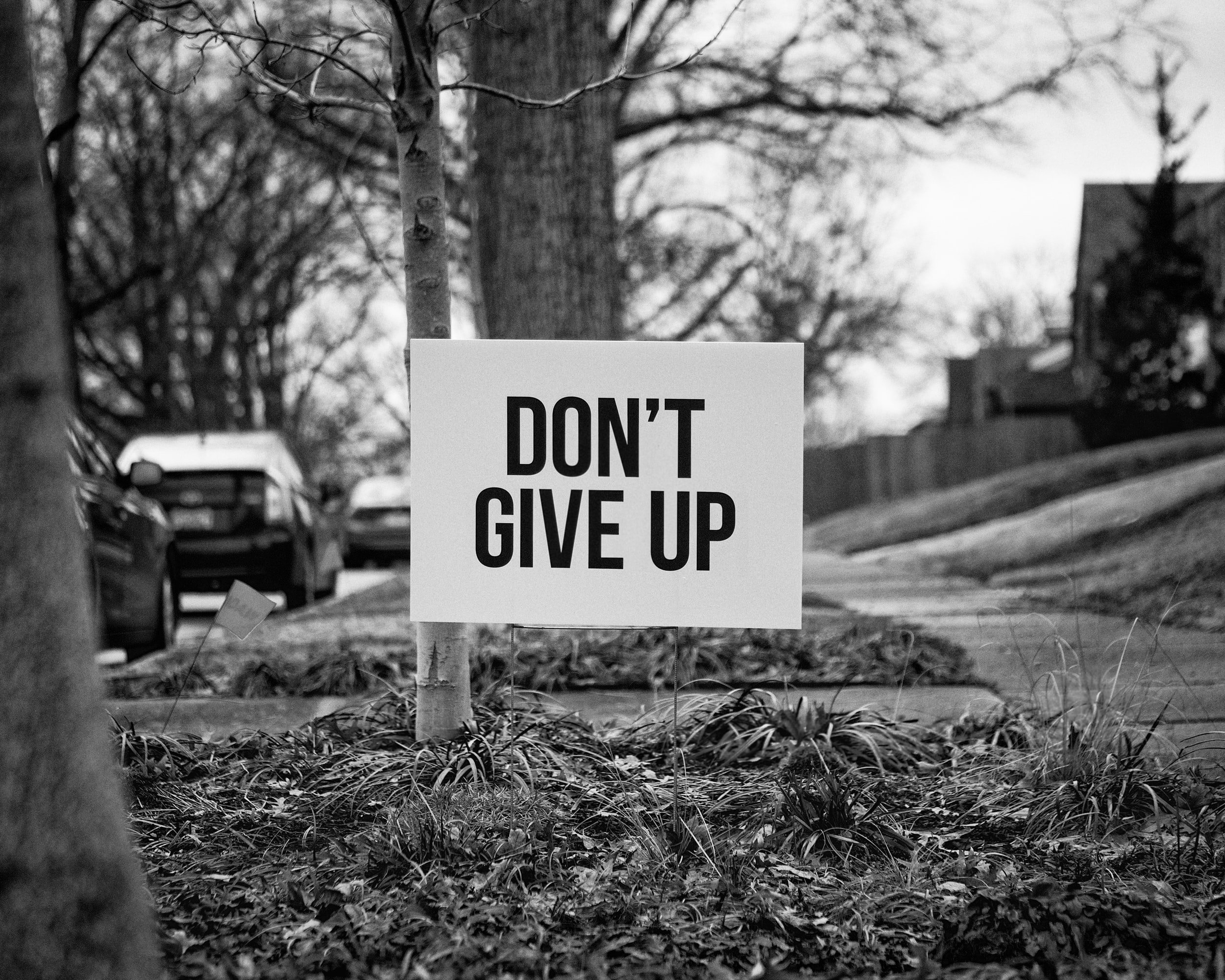
Appeals
If you have been found guilty of a crime, or lost an important motion in a case, not all hope is lost. In many situations, an attorney can file an appeal to have a higher court look at your conviction or adverse ruling.
When you file an appeal, an attorney asks a higher court to review the decision of a lower court.
An appeal is not a retrial or a new trial of the case. Appeals courts do not usually consider new witnesses or new evidence. Appeals in criminal cases are usually based on complex legal arguments that there were errors in trial procedure or errors in the interpretation of the law.
A criminal conviction may also be appealed on constitutional grounds, such as when it is determined that a law used in your prosecution violates state law, federal law, or your constitutional rights.
If you want to appeal your conviction or some other adverse ruling, contact Ringstrom DeKrey to discuss. We’re one of the only law firms in the Red River Valley and Greater Minnesota that has the experience to take on your appeal.
How to Appeal a criminal conviction
Most states have three different courts — trial courts, courts of appeal, and the state supreme court. However, in North Dakota, there is no court of appeals, so every case that is appealed goes directly to the state supreme court.
On the federal level, there is the district court, the circuit court, and the U.S. Supreme Court.
All criminal convictions start out at either the state trial court or the federal district court.
When you file an appeal, you’re essentially asking a higher court to look at the findings of the lower court because you think they got it wrong.
Usually, there has to be a reason to file an appeal. This means there must be either a legal, factual, or procedural error that caused you to be unfairly or wrongly convicted.
A legal error means the law was applied incorrectly by the judge or jury. For example, the trial court improperly interpreted or misstated a federal or state law and it influenced the outcome of your case.
A factual error means there was something wrong with the facts as presented in your case and it influenced the outcome. In other words, “the verdict is against the evidence,” which means that you have physical evidence pointing to a different outcome than what happened.
Finally, a procedural error is where the process itself was not followed correctly during any point in your case — during discovery, during trial, or at sentencing.
Above all, it’s important to understand that you should seek legal assistance to help you navigate the appeals process. A lawyer can help you understand your best options for appealing and will work with you to determine whether an appeal is worth pursuing in the first place.
If you want to appeal a conviction or other adverse ruling, it’s important not to wait too long before consulting with a lawyer. Both North Dakota and Minnesota state and federal courts have deadlines that must be met. If you miss them, you lose your chance to appeal.
What do I need to know about filing an appeal in North Dakota or Minnesota?
-
In North Dakota, you must file a notice of appeal within 30 days of a conviction or adverse ruling.
In Minnesota, you have 90 days after sentencing to appeal a felony or gross misdemeanor conviction; and 30 days to appeal a misdemeanor or petty misdemeanor conviction.
In federal court, defendants have 30 days from the time of conviction or adverse ruling to file an appeal.
-
There must be a legal basis to file an appeal. A person cannot file an appeal simply because they didn’t like the verdict in their case. If that happens, the court will dismiss it and the lawyer who filed it could get reprimanded.
-
It is possible to file an appeal on your own.
However, it’s important to remember that you only get one chance to appeal your case. If the higher court denies your appeal, you cannot keep going back asking them to reconsider.
This is why it is vitally important to hire a skilled appellate attorney.
Filing an appeal is a complicated procedure that involves written arguments (briefs) and technical rules of law. It is very hard to successfully do without a lawyer.
-
In North Dakota, the State Supreme Court is the highest court and is also the appellate court. Therefore, if you lose on appeal, there is no other state court to appeal to. You may file a petition for rehearing with the U.S. Supreme Court, but those are almost never granted. Once the Court has issued its final decision on any petitions for rehearing, the unsuccessful party may try to seek relief in the federal courts, although that too is very rare.
In Minnesota, people who lose their appeal in the Court of Appeals may take a final step to have the Minnesota Supreme Court hear their case. But getting the State Supreme Court to hear it is not guaranteed, and actually pretty rare. If you lose at the State Supreme Court, you can appeal to the U.S. Supreme Court, but again, that almost never successfully happens.
In federal cases, defendants may appeal their case to the circuit court - in North Dakota and Minnesota the Eighth Circuit. This is usually the final decision in a federal case. A litigant who loses in a federal court of appeals may file a petition asking the U.S. Supreme Court to review the case. This is rare, however, as the Supreme Court almost never grants review of circuit court decisions.
-
1) Dismissed. Here, the lower court’s decision stands as the appeals court (or supreme court in North Dakota) simply dismisses the appeal without a written explanation.
2) Affirm the lower court's decision. This means that the higher court agrees with the decision of the lower court and your conviction stands.
3) Reverse the lower court's judgment entirely and remand the case back to the lower court. This means that the higher court agrees with your appeal. It may order that a new trial be held, the lower court's judgment be modified or corrected, or reconsider the case in light of a recent decision by the appellate court.
3) Affirm in part and reverse in part the lower court's judgment and remand the case to the lower court to correct an issue (the part the appellate court reversed).
Contact us
Email: assistant@ringstromdekrey.com
Tel: 218-284-0484
814 Center Ave. Ste. 5
Moorhead, MN 56560

